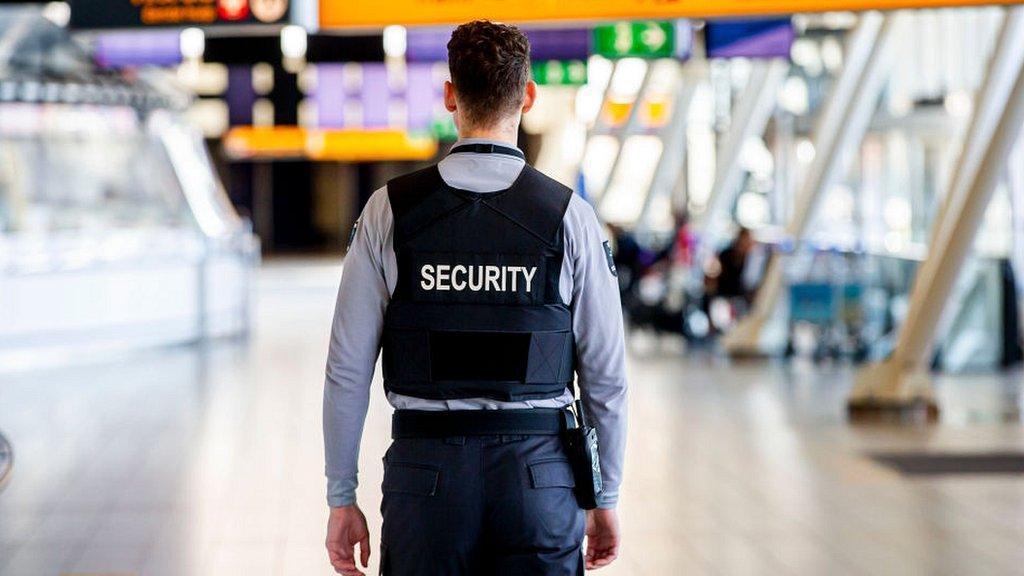Coronavirus: US states order sweeping restrictions to stem infection
- Published
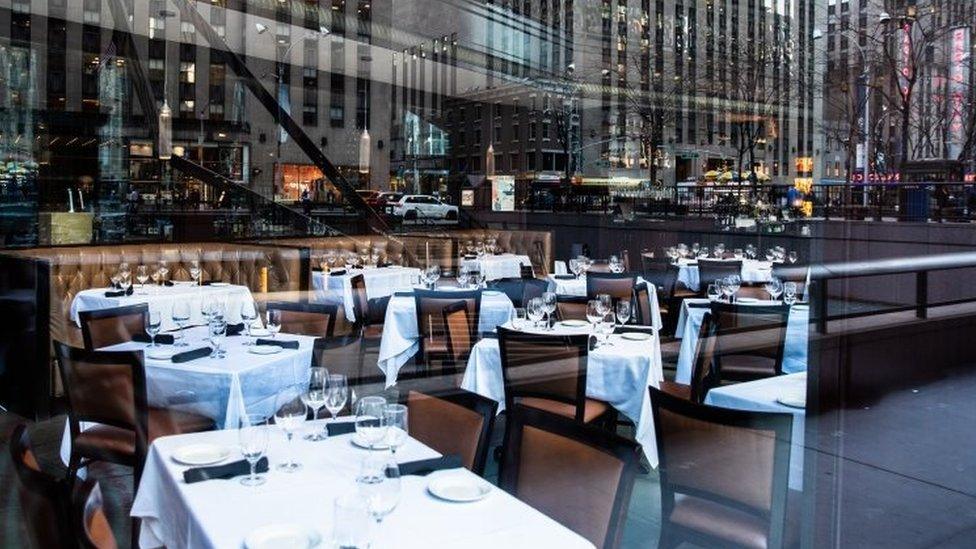
New York City has about 27,000 restaurants
New York Governor Andrew Cuomo has ordered sweeping restrictions on public life to take effect in the state amid the coronavirus pandemic.
Restaurants, theatres and casinos will close at 20:00 ET (24:00 GMT) Monday and non-essential shops are being urged to do the same.
New York and two neighbouring states, Connecticut and New Jersey, will also ban gatherings of more than 50 people.
The US has confirmed 69 deaths linked to Covid-19 and 3,813 infections.
Five other states - Ohio, California, Illinois, Massachusetts and Washington - will also shut bars and restaurants.
Mr Cuomo urged the federal government to deploy national resources to increase building medical capacity, which he said the state could not do on its own.
"I don't believe we are going to be able to flatten the curve enough to meet the capacity of the health care system," he said, referring to a model on the epidemic. Experts are urging the public to take measures to mitigate transmission, represented by the steepness of the curve on the model.
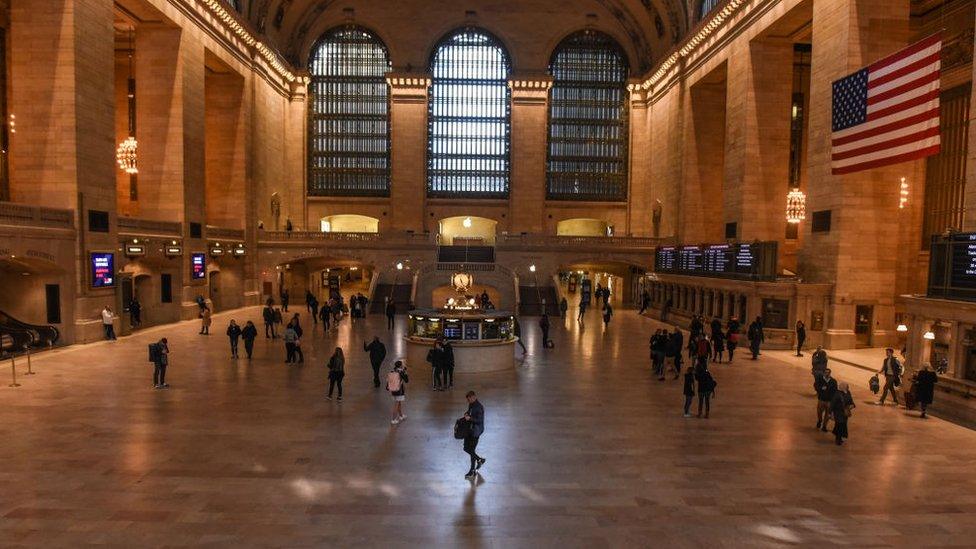
Coronavirus fears have all but cleared out typically crowded New York places, like Grand Central Station
At least 5,000 additional beds will be needed in New York City, Mr Cuomo said, and several thousand more in surrounding counties.
Local governments in New York state are to cut their workforce by 50%, and though essential services like petrol stations and pharmacies could remain open past 20:00, they were recommended not to do so.
The governor has also asked local governments to find spaces - like university dorms and former nursing facilities - to be used as temporary hospitals in anticipation of further cases.
The changes have been ordered "amid a lack of federal direction and nationwide standards," Mr Cuomo said on Monday.
Last week, a top US health official admitted that the country's testing system for coronavirus was failing.
President Donald Trump has said the US has "tremendous testing set up where people coming in have to be tested".
Unease and confusion has been growing in the US, with fears of a run on common goods and concerns over childcare as tens of millions of pupils are sent home from school.

LIVE UPDATES: Follow the latest developments here
TESTING: Can the US catch up?
EASY STEPS: How to keep safe
A SIMPLE GUIDE: What are the symptoms?
TRAVEL PLANS: What are your rights?



Americans are waking up to a new reality as the coronavirus spreads, with store shelves stripped bare of essentials, schools closed and millions of jobs in jeopardy as businesses temporarily shut their doors.
The US Federal Reserve cut interest rates to near zero on Sunday in another emergency move to help shore up the country's economy. President Donald Trump called the move "terrific" and "very good news."
Dr Anthony Fauci, the nation's top infectious diseases expert, said the US was entering a new phase of coronavirus testing - but tempered the president's optimism.
"The worst is yet ahead for us," Dr Fauci said.
Vice-President Mike Pence said testing for coronavirus was expanding with more than 2,000 labs across the country ready to process tests and 10 states operating drive-through testing.
The White House appealed to Americans not to hoard as the virus spreads, reassuring them that grocery supply chains were strong.

What measures have been taken across the US?
Los Angeles has also decided to shut down the city's bars and restaurants.
New Jersey's governor Phil Murphy said residents should refrain from going out between 20:00 and 05:00ET.
Meanwhile, 29 US states have announced that they are closing schools.
Last week, President Trump declared a national emergency, freeing up to $50bn (£40bn) in relief funds. The move loosens regulations on the provision of healthcare and could speed up testing.
The US Centers for Disease Control (CDC) on Sunday recommended that any events with 50 or more people be called off.
The CDC said that over the next eight weeks, any such gatherings should be either cancelled or postponed, adding that this advice excluded workplaces and schools.
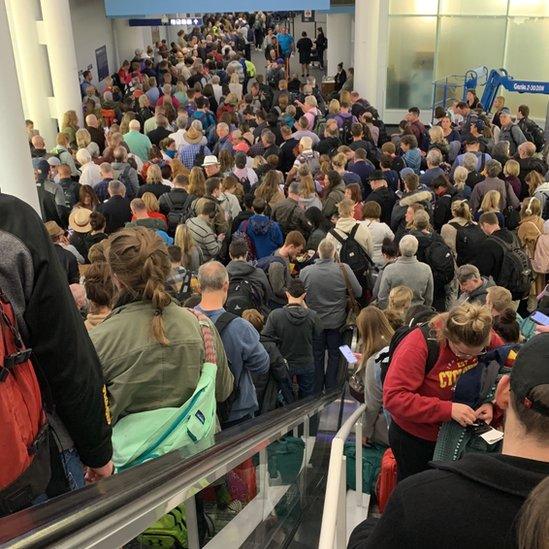
Passengers were packed into dense queues to undergo screening

As part of the wave of action by state and local governments to enforce social distancing, bars and restaurants have been shuttered in Ohio, Illinois, Washington and Michigan, with exceptions for takeaway service.
Besides closing restaurants, Massachusetts Governor Charlie Baker has banned all gatherings of 25 people or more. California's Gavin Newsom has ordered bars, nightclubs and wineries closed and asked all Californians with chronic conditions and those older than 65 to self-isolate.
A US travel ban on the UK and Republic of Ireland comes into force at 04:00 GMT on Tuesday. It is an extension of an earlier measure on 26 European nations in the Schengen border-free travel area.
The World Health Organization has described Europe as a "new epicentre" of the coronavirus outbreak, which originated in China late last year.
As the result of the ban, US airports have been thrown into chaos, with long queues forming as travellers waited for hours for the screenings before passing through customs.


In New York, there were reports of a flight from Paris being boarded by customs agents wearing masks.
Acting Homeland Security Secretary Chad Wolf said his office was working with airlines to improve screening times.
Some public health experts have noted that waiting in crowded terminals could potentially lead to more people becoming infected with the virus.
A doctor who became a patient describes what it's like to get tested for coronavirus

How have your travel plans and holidays been affected by the coronavirus? Share your experiences by emailing haveyoursay@bbc.co.uk, external.
Please include a contact number if you are willing to speak to a BBC journalist. You can also contact us in the following ways:
WhatsApp: +44 7756 165803
Tweet: @BBC_HaveYourSay, external
Send pictures/video to yourpics@bbc.co.uk, external
Please read our terms & conditions and privacy policy
- Published15 March 2020
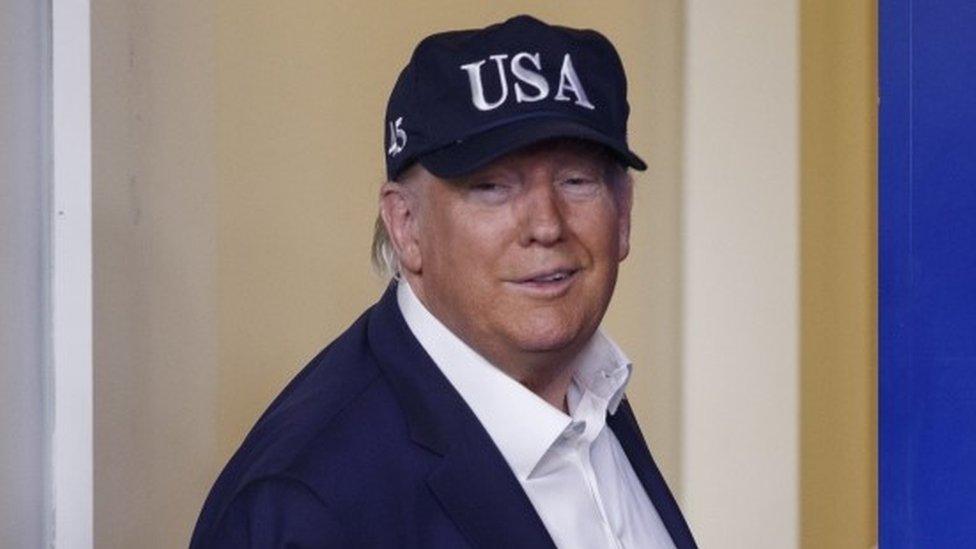
- Published13 March 2020
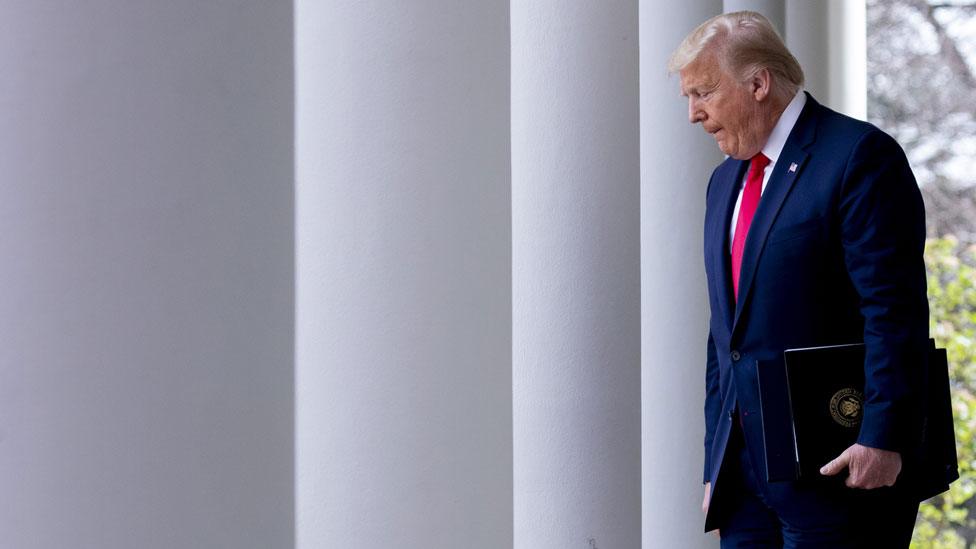
- Published25 January 2022
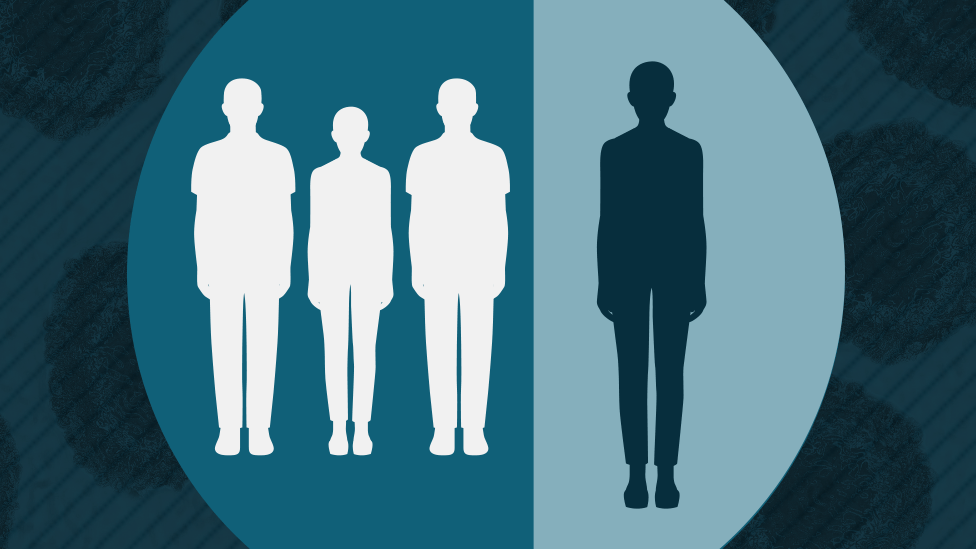
- Published5 July 2022

- Published1 April 2020
